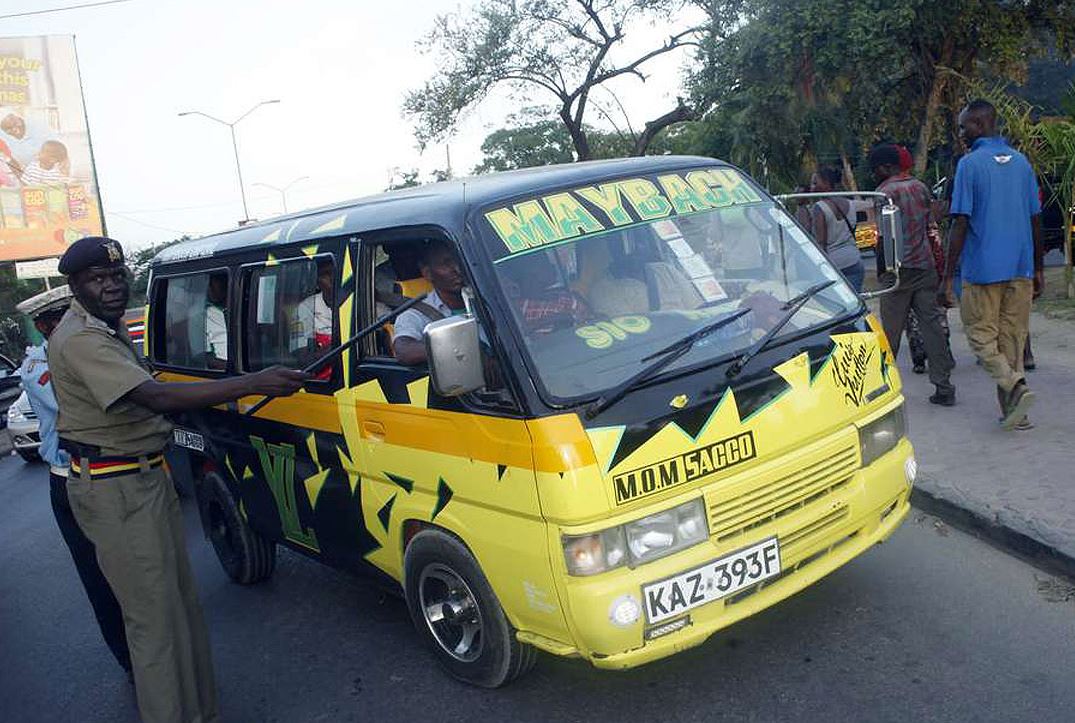 Patricia Mutheu, the Chief Executive Officer of Matatu Owners Association announced on Thursday, May 23, plans to phase out 14-seater matatus in Nairobi to enhance the city’s transport efficiency.
Patricia Mutheu, the Chief Executive Officer of Matatu Owners Association announced on Thursday, May 23, plans to phase out 14-seater matatus in Nairobi to enhance the city’s transport efficiency.
Speaking during an interview at Spice FM, Mutheu addressed concerns about the crowded stages caused by the high number of Public Service Vehicles (PSVs) in the city.
Nairobi currently has an estimated 15,000 matatus operating on 50 routes, with 80 percent of them being 14-seaters.
The figure stands at around 80,000 PSVs nationally, majority of which (60%) operate in urban centers. Mutheu mentioned that the elimination of 14-seater matatus was discussed in a meeting with government stakeholders, including officials from the Nairobi Metropolitan Area Transport Authority (NAMATA).
Mutheu supported the initiative, citing the growing population in the Nairobi Metropolis as a driving factor.
She explained, “Instead of ten 14-seater matatus, there can be four 33-seater minibuses at a stage.” However, this move raised concerns about potential job losses in the sector, as fewer workers would be needed to operate the larger buses.
The matatu sector employs over 1 million people, including drivers and conductors. Mutheu assured that efforts are underway to ensure a smooth transition that considers the welfare of all employees involved.
Highlighting the financial impact of the sector, Mutheu noted that it generates Ksh5 billion daily. However, approximately 30 percent of this revenue, around Ksh1.5 billion, is lost to corruption. She emphasized the need for effective regulation to boost revenue and pointed out two key solutions: developing infrastructure and enforcing a cashless payment system for all matatus.
Mutheu also identified the lack of regulations as a significant challenge in implementing the cashless system. She stressed the importance of having policies in place to ensure compliance, stating, “As much as we’re enforcing, we need a policy that regulates because not all Sacco members comply. When there’s a regulation, it’s easier to enforce.”
In conclusion, Mutheu highlighted the potential for advertising revenue within the sector, given that many matatus are equipped with TVs. She called for a national dialogue to better structure the matatu industry to meet the country’s needs effectively.








